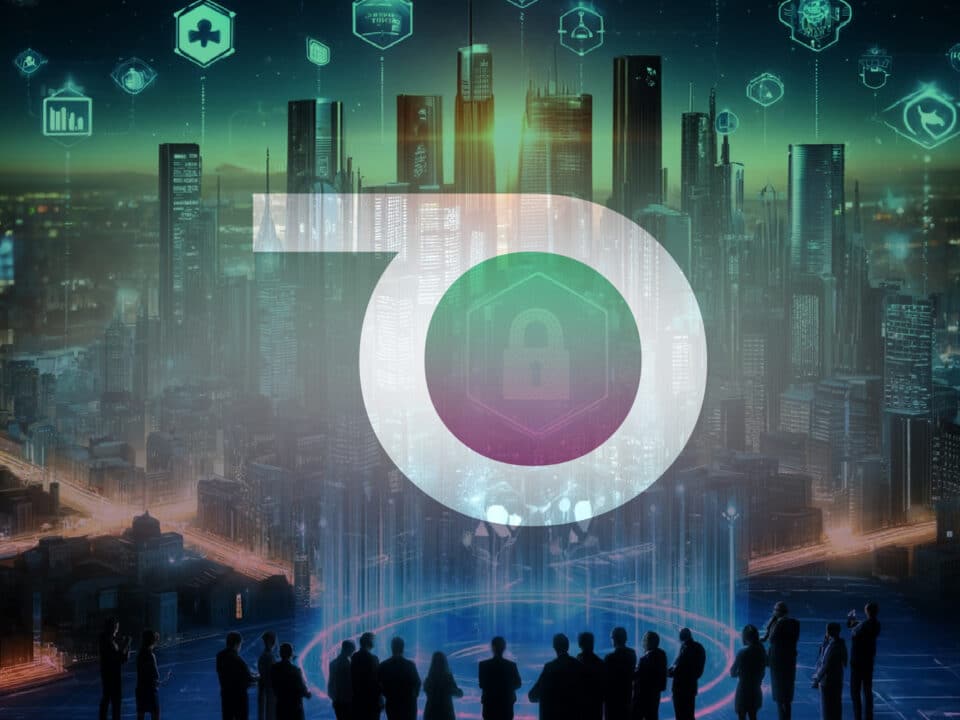Growth of Hacker Attacks in Italy
Growth of Hacker Attacks in Italy

Defence Strategies and Sectors at Risk
Cyber attacks in Italy, but not only in the second quarter of this year, continue to grow. The increase is 34.6% compared to the first three months (Source: Report Security Operation Centre- 2023). The sector most affected by cyber attacks is the service sector, and above all healthcare.
Attacks such as phishing, ransomware and malware are following a growth curve that exceeds random explanations. This trend underlines the urgency of adopting advanced defence strategies to protect the most important asset in the economy and beyond: data.
Different types of attacks
The most widespread attack phenomenon in recent months is phishing. Attempting to steal login credentials and payment information is a growing practice, and as a result, the banking sector is suffering the most.
Malware is also among the most widespread cyber risks and represents any type of software created with the intention of damaging, infecting or compromising computer systems, networks and devices.
As a specific type of malware, ransomware is the other practice increasingly used by gangs of cyber criminals to obtain a financial reward, called ransom, following the encryption of files or the system.
SMBs are the main objective
These attacks have a precise target: companies. In Italy, 80% of the target is SMBs, which are considered by far the most vulnerable. In this sectore there are lower investments in cybersecurity and not skilled IT staff. Another underestimated factor is the adequate configuration of data protection systems.
Defence Strategies
Based on the context and numbers that have emerged, in the face of a landscape characterised by the increasing frequency and complexity of cyber attacks and the alarming numbers of data security breaches, it becomes essential to invest in strengthening the proactive defence capacity of companies, whatever their size, enabling them to improve their cyber resilience and business continuity stability.
The increasing digitisation of business processes and dependence on computer networks and systems make companies increasingly vulnerable to cyber-attacks, which can cause significant financial damage, damage the company’s reputation and disrupt day-to-day operations.
Strengthening proactive defence capability involves adopting strict security policies and protocols, implementing advanced incident detection and response technologies, and training personnel to recognise and mitigate threats. In addition, companies should develop effective business continuity plans that enable them to quickly resume operations.
In an increasingly interconnected and digitised business environment, enhancing cyber security is no longer a choice, but a strategic necessity. Only through proactive defence and increased resilience to cyber threats can companies protect their interests, secure sensitive data and maintain business continuity, regardless of the challenges the digital world presents them.


